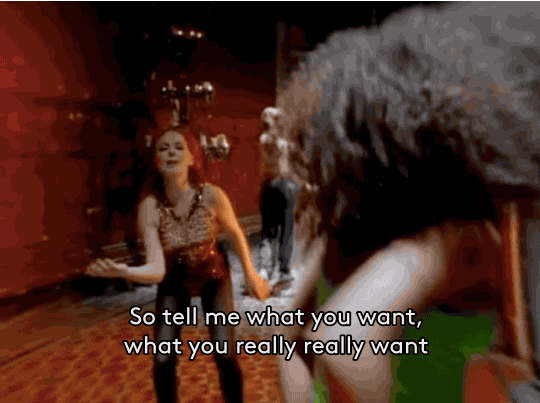Everyone knows that budgets can be daunting and hard to stick to. However, with the right mindset and tools, you'll be able to follow your budget with ease! Who doesn't want to be on track to save money and reach their goals?
Differentiate between needs and wants
Needs are things that are necessary for life like food, water, and shelter. Your payments for these will include rent, groceries, transportation, medical fees, and more. Wants bring comfort but aren't necessary. They tend to be things like entertainment, shopping, apps, subscriptions, and take-out. Once you can differentiate between needs and wants, you'll be able to actively uphold your budget. That way, when you're presented with an opportunity to cave, you can check in with yourself about how necessary your purchase is.
Pay yourself first
A key element of budgeting is knowing how much you need to spend each month on your fixed costs. Once you know how much you'll need to spend on these items, you can then set an amount for monthly savings, and use whatever is left over for fun things. It's a good idea to set up automatic payments that take your savings out of your pay cheque or account each month—before you can see it and spend it.

Keep yourself accountable
You might want to let others know you're on a budget so they can help support you. They might even join you! In your friend group, you can make plans that are budget-friendly for everyone, and create an environment where you aren't pressured to go over your budget just to fit in.
Know your goal(s)
Are you saving for your tuition, or maybe a road trip with friends? Next time you want to buy a coffee or new shirt, visualize your goal and how great it will feel when you reach it! Setting goals will make your budget more tangible and motivate you to stick to your plans. A smart thing to try when you feel like you're missing out because of your budget, is to flip the script. Turn your line of thinking from a negative one into a positive one. You're not losing out on a daily latte, you're gaining the opportunity to do something you really want!

No-spend challenge
Consider taking on a no-spend challenge! These are challenges where you only spend money on the necessities and cut out everything else, like coffee runs, take-out food, and online shopping. You can do your no-spend challenge for a weekend, a week, a month, or even longer. Though it may seem extreme, it's one of the best ways to cut back on your spending and change your spending habits! Realizing what you can actually live without is extremely effective at shifting your mindset about money. Focusing on those practical needs and wants while putting pause on unnecessary spending habits will save you a lot more money in the future.
Connect your spending with your work
It can be easy to spend money on a purchase without thinking twice, especially online. If you want to change this, a good approach is to translate prices into the hours you put in at work. So if an item costs $75, and you work hourly at $12.55 (minimum wage), then it would take you roughly six hours of work to offset the cost of that item. Thinking about money in this way will put the cost of items into perspective and help you decide if they're really worth the effort of earning that money.

